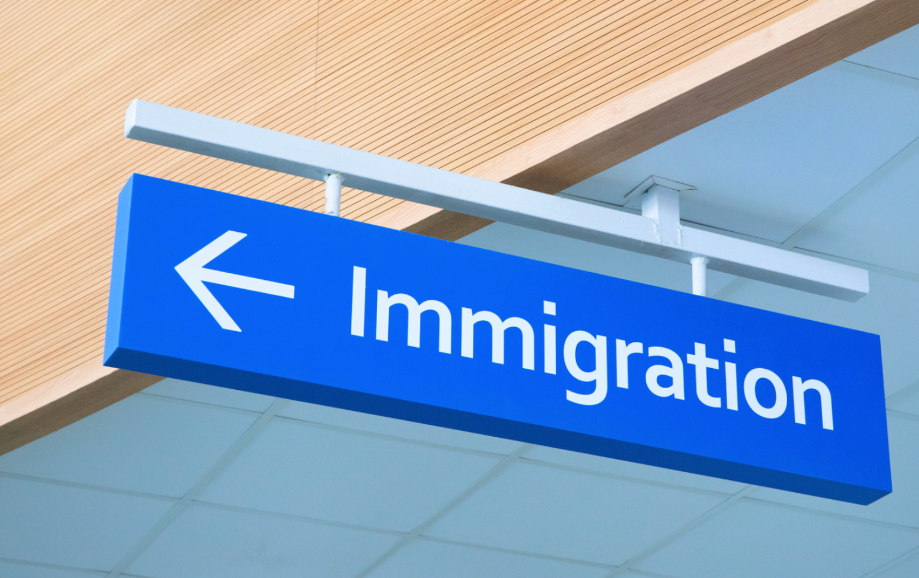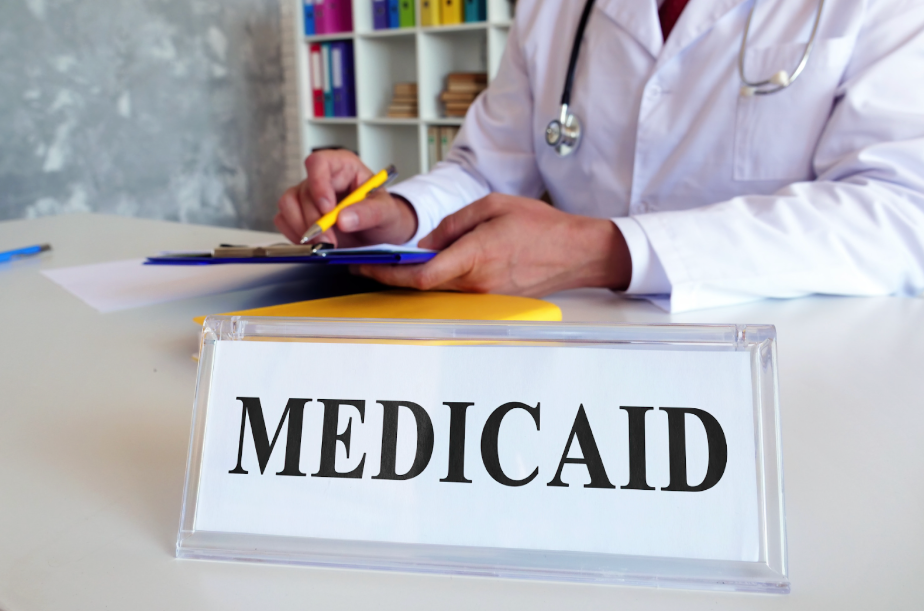(Note: This post is specifically for Recovery Residence owners, operators, and investors. You may also be interested in our blog post about predictions for the Trump administration’s overall behavioral health policies, specifically those that affect addiction treatment center operators.)
If you’re wondering how the Trump administration’s policies will affect the addiction treatment community, you’re not alone. There’s a great deal of uncertainty about what 2025 will bring for behavioral health.
In this post, we’ll look at Trump’s previous track record for clues, as well as what he’s said about his plans for addiction treatment for his second term.
So far, Trump has signalled that his initial focus is not on sober living, per se, but immigration reform
In speeches and debates, Trump has steered most conversations about behavioral healthcare and sober living homes to an immigration reform-centered solution.
Examine what Trump has said prior to taking office, and it becomes clear that, for Trump, the first step in stemming the opioid crisis is to attack the flow of Fentanyl into the United States from other countries, specifically Mexico. In interviews, he not only focuses on stronger border policies, but also points to the need to stem the flow of Fentanyl pre-cursors from China to Mexican drug cartels south of the border.
Trump himself has been relatively mum on his thoughts around funding allocation for behavioral health in general, and sober living specifically.
Trump’s track record on behavioral health and sober living homes is mixed
During his first term, Trump funded large-scale expansion of funding for behavioral health in general. These expenditures included funding specifically designated for the following priorities: SAMHSA, Certified Community Behavioral Health Clinics (CCBHCs), programs to reduce suicidality and mental health problems for veterans, telehealth access, block grants for CCBHCs, and other state-run programs for behavioral health.
At the same time, Trump also proposed a reduction to SAMHSA’s yearly budget, and he also supported the effort to overturn the Affordable Care Act.
Many of these programs expanded access to funding for sober living homes, but threats to Medicaid, now a large component of sober living home revenue in many cases, are of particular note to the sober living community.
What has RFK Jr. said about behavioral health and sober living homes?
Now that RFK Jr. has been confirmed as the head of Department of Health and Human Services, his thoughts on addiction treatment, behavioral health, and mental health have become more relevant than ever to sober living home operators.
RFK Jr. has been an outspoken advocate of a treatment model he refers to as “wellness farms.” RFK Jr. has said that SUD and other mental health issues should be approached as an opportunity for “reparenting.” RFK Jr. has put forward an unconventional treatment model spanning several years, where patients would work in organic subsistence farming in rural locations, free of distractions like tvs and cellphones.
He has not specifically endorsed sober living homes as they are currently structured. If RFK is confirmed, we are hopeful that Patrick Kennedy and the The Kennedy Forum will be effective advocates on behalf of mental health and substance use disorder evidence based treatment within HHS during the Trump Administration.
What is the outlook for evidence-based treatment and sober living homes that allow MAT under the second Trump administration?
In his Agenda47 materials, Trump does not mention “evidence-based treatment” or “MAT” in his priorities for addiction treatment or behavioral health.
RFK Jr. has also been clear about his opposition to common psychiatric medications like SSRIs and stimulants to treat ADHD, so it’s likely that his vision for “wellness farms” does not include pharmaceuticals or MAT (Medication Assisted Treatment) models for recovery.
It seems that the “wellness farms” RFK Jr. envisions would offer both treatment and medium-term recovery housing in a single location. It’s also likely that RFK Jr.’s own participation in the 12 step community may lead to a bigger push for funding of programs based on the 12 steps, including sober living homes that operate on a 12-step model.
What is the GOP-controlled House and Senate planning to do with Medicaid funding for sober living homes?
Again, this is a difficult question to answer because no formal plans have materialized yet. However, many Republican politicians have been adamant about their intentions to reduce spending on Medicaid during Trump’s second term. Because the GOP now controls all branches of the federal government, it’s easy to see how significant cuts to Medicaid could easily materialize at some point in the next few years.
For sober living homes that also offer Peer Support Services or other Medicaid-reimbursable services, these reductions could mean that significant business model changes could become necessary.
More on recent developments for sober living home operators
NARR affiliate news for sober living homes in Oklahoma, Connecticut, and Utah
NARR updates for sober living homes in Massachusetts, Indiana, and Missouri
New regulations for NARR sober living homes in Maryland, Wisconsin, and Colorado
Is your sober living home future-proof? Let us help.
Sober Living App is dedicated to doing one thing: making it easier - and more profitable - to operate sober living homes.
Our all-in-one app handles rent collection, admissions, property management, residents’ care coordination, community contacts, transportation details, calendars, staff, alumni and more - all from the convenience of your phone.
Claim your free trial today and see why more sober living homes prefer the Sober Living App.
NARR affiliates deserve smart management, too.
Discover if Behave Health’s new NARR Affiliate Management Platform (AMP) is right for your organization.






